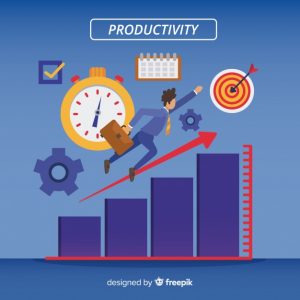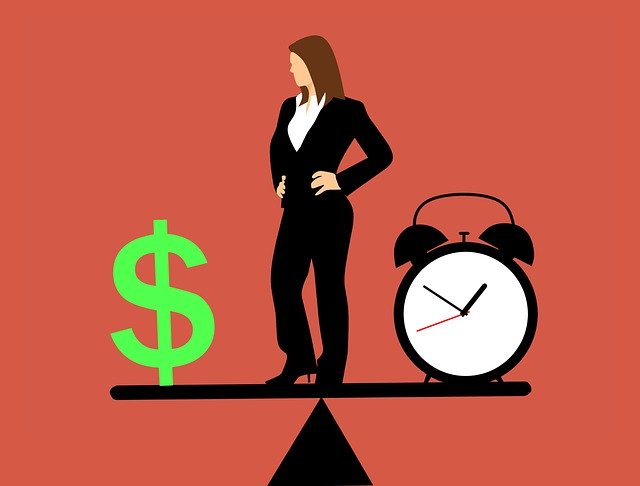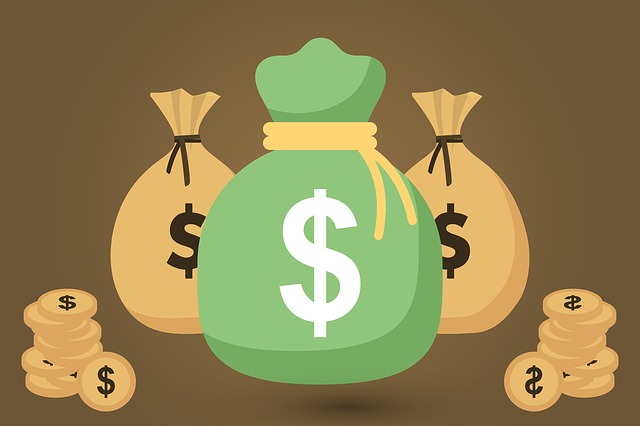 Productivity is the efficient use of resources, including labour, capital, land, materials, energy, information, in the production of various goods and services. Higher productivity means accomplishing more with the same amount of resources or achieving higher output in terms of volume and quality from the same input.
Productivity is the efficient use of resources, including labour, capital, land, materials, energy, information, in the production of various goods and services. Higher productivity means accomplishing more with the same amount of resources or achieving higher output in terms of volume and quality from the same input.
1. Wake Up Early
Early-risers have more productive mornings, get more done, and report less stress on average than “late-risers.” Early mornings are usually very productive times to complete important tasks. You will be able to accomplish more in the same amount of time.
2. One Thing At A Time
Multitasking cuts back on your productivity so instead of juggling multiple projects at once, focus on one thing at a time by scheduling out blocks of time — or even entire days — during which you only concentrate on one task or one project.
3. Begin With The Least Urgent Task
The idea is to complete your tasks before they become urgent. And the only way to do that is to work on the least urgent tasks first
4. Work Less, Get More Done
Set a time limit on your work sessions and you will find that you get more done. A benchmark you can follow is to limit both your work sessions (60-120 minutes), and your weekly output (40 hours). Working hard is not just about the quantity (time), but about quality. To increase the quality, you need to decrease the quantity. There is a sweet spot for every one of us. Find it.
5. Do Something Else If You Find It Hard For You To Make Progress In The Task At Hand
It is typical to experience obstacles in tasks. Sometimes, it is frustrating that the more urgent and important something is, the harder is for you to make progress. If you’ve hit a wall like this, you need to break the downward spiral of procrastination and bad feelings. If you can’t push yourself to do something, just stop the losing battle and go for a walk. Chances are, on your return, you will jump on that task with unexpected eagerness.
6. The Power Of 3
Give yourself 3 must-complete tasks each day (usually fairly large tasks) and take short breaks between each one to give your mind a break and switch gears.
7. Focus On What Really Matters
Not everything is a priority. Spend some time on planning to determine the most critical tasks that you need to take on. It’s usually much better to concentrate on one or two priorities and do them really well, instead of doing many things and having mediocre results.
8. End Your Day On A Positive Note
Devote the final hours of your workday to some of your least-pressured tasks like paperwork. You will feel a sense of accomplishment by completing at least one thing before the day ends.
9. Define Roles And Divide Work
If you are heading a team, define distinct roles for each member on your team and divide work accordingly as well. There are some people who will want to do everything. With clearly defined roles, everyone on your team is clear on who should do what. In this way, your team will be more productive and tasks get completed faster as well.
10. Practice saying “No.”
Guard your energy and focus closely. Saying “no” is an essential part of the productivity equation. Even when opportunities come, keep in mind that they might be distractions from the work you have at hand.







